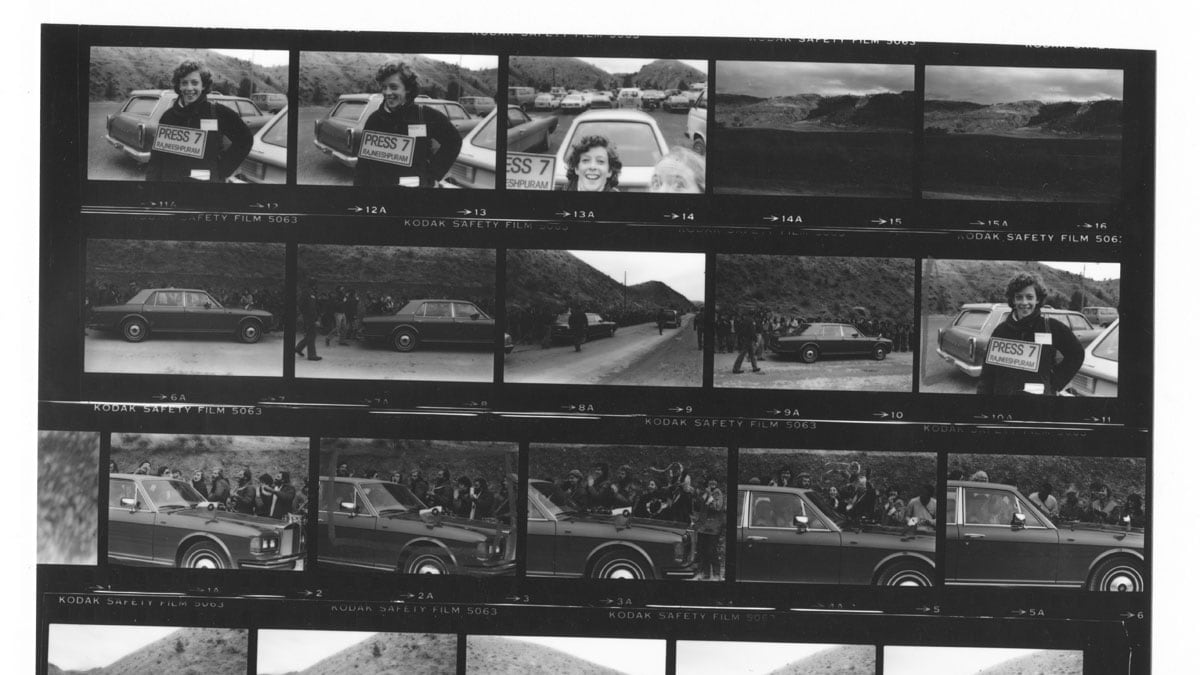In last week's column, you wrote, "Penny buried the lead." No, no, no! It's "buried the lede." Use "lede" in your column and send your readers scurrying to their dictionaries (OK, to Google) and they can be happy they learned a new word. —Patricia A.
I'm not unsympathetic to your desire to flex on the masses by flaunting your knowledge of late 20th century newsroom slang, Patricia, but before I respond, let's bring them up to speed. (Spede?)
"Lede" is newsroom jargon for the first paragraph of a news story—you know, the one I usually waste on some joke about CrossFit for bears. According to the journalism classes I so conspicuously failed to take, this paragraph should grab the reader "by the lapels" with some gobsmacking revelation and "lead" them into the story.
So why isn't it spelled "lead"?
The most frequently cited theory is that "lede" is a holdover from the days of lead type—the spelling "lede" was supposedly adopted to avoid confusion with "lead," the metal.
This strikes me as what we in the news business sometimes call "bullshit." For starters, Merriam-Webster claims "lede" only dates back to 1970s, by which time hot-lead typesetting was nearing extinction. The lead-type theory also doesn't explain why other news terms are deliberately misspelled—"graf" for paragraph, for example, or "TK" as an abbreviation for "to come."
A more persuasive rationale is found in Writing to Deadline, a memoir by the probably cigar-chomping Boston Herald newsman Donald Murray: "We used the spelling lede for the word 'lead' so it would stand out on the [wire service teletype] printout."
For example, a new opening paragraph for an earlier story might be labeled with the words "NU LEDE." The misspelling made it clear these words weren't part of the story itself.
All that said, the fact that journalists use this mangled orthography among ourselves doesn't necessarily mean we should use it in print. After all, we don't call WW a "nuspaper."
Be honest: Does the spelling "lede" really enhance clarity? Or is it just another pompous affectation to signal the writer's membership in the journalism in-group?
All that said, when I submitted the story I did spell it "lede." I've never met a pompous affectation I didn't like.
Questions? Send them to dr.know@wweek.com.

